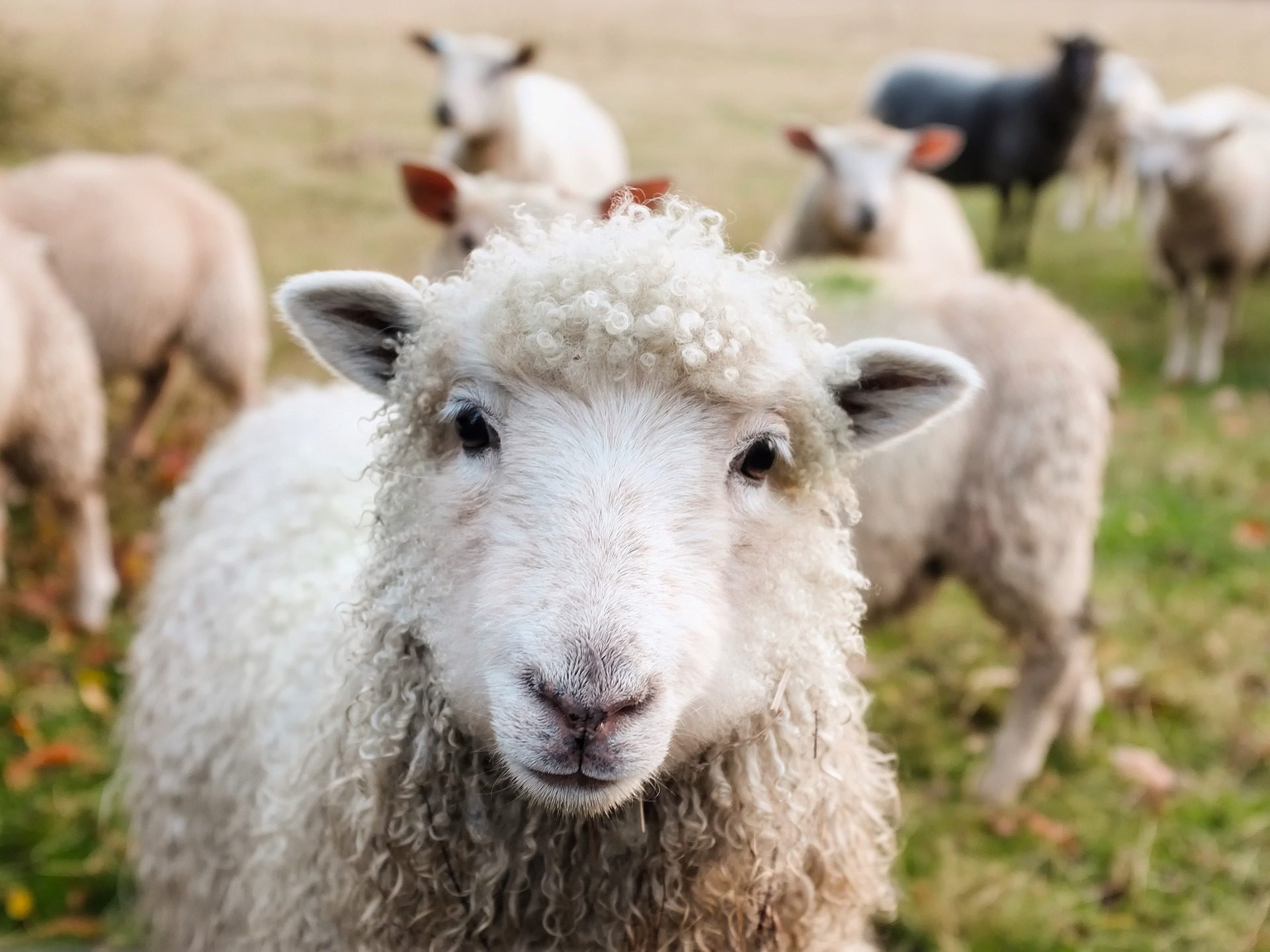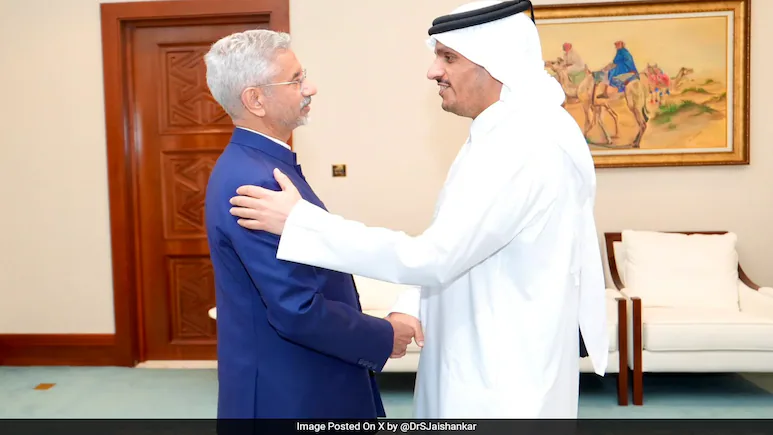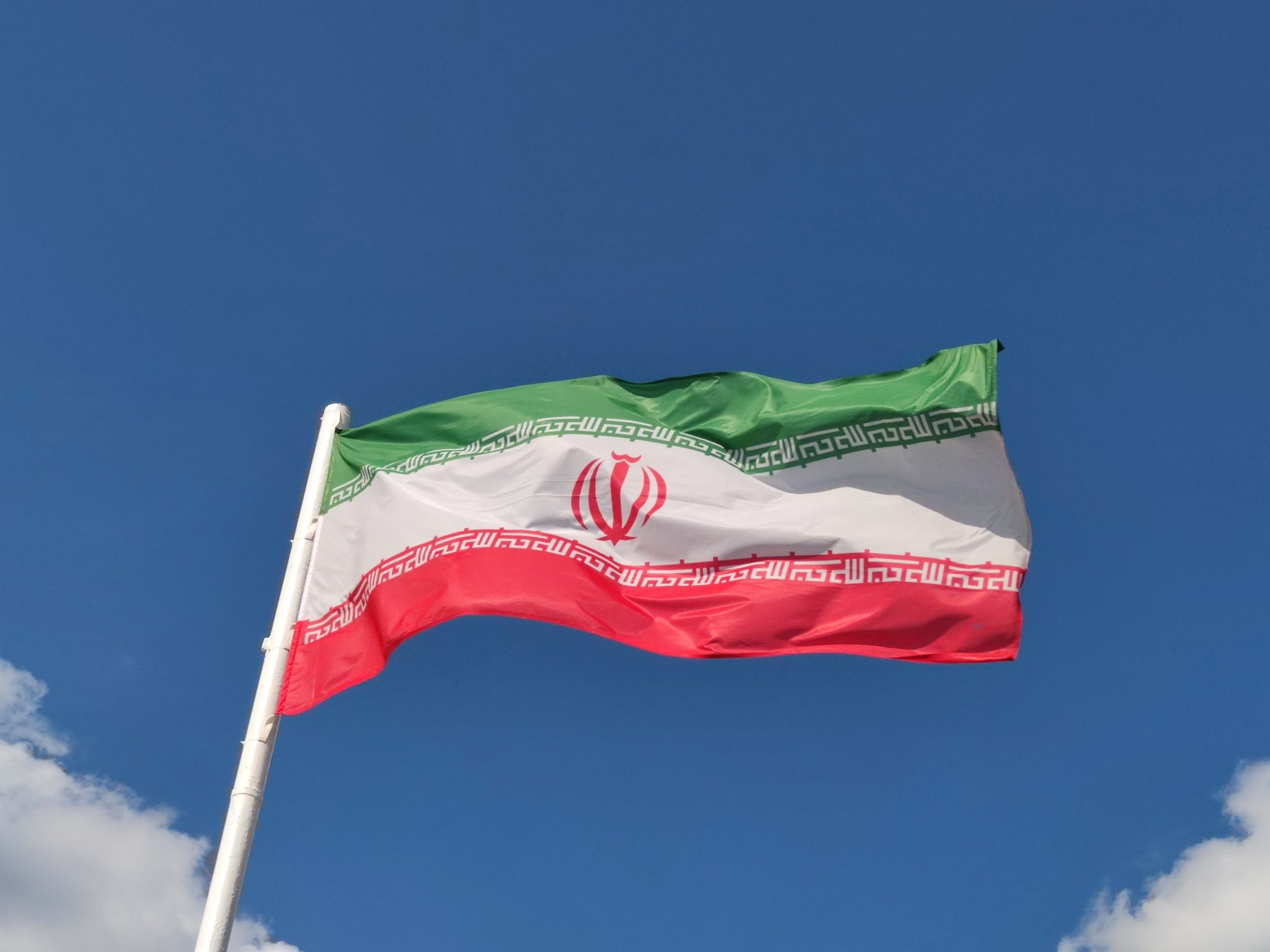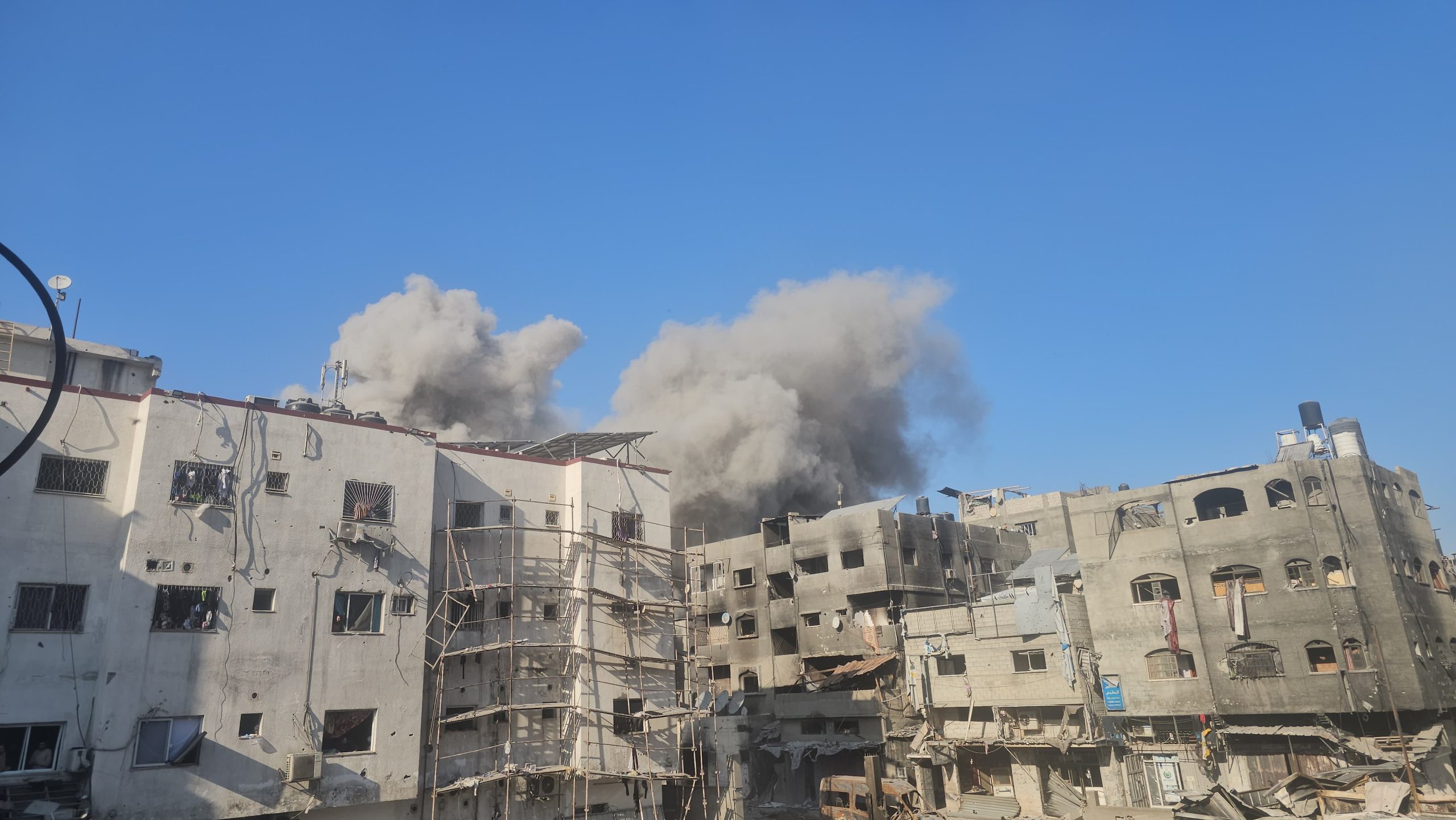Qatar cancels a subsidy for the Australian lamb industry as it moves towards self-sufficiency goals.
Qatar cancelled a $300m-a-year lamb trade with Australia, a move that may be attributed to the country’s progressive shift towards a more self-sufficient model.
The trade deal, which started in 2015, was due to finish in 2023, but the government made a move to cancel the deal by the end of this year.
Sheep traders in Australia were shocked by the sudden news that came amid testing times for the country’s industry, which has already been hit due to the Chinese import bans.
“It was a surprise. I don’t think we were ready for this. But we’re fortunate to be in a very adaptable industry. We service many, many countries, so we can adapt,” Stephen Crisp, the chief executive officer at Sheep Producers Australia, told the Guardian.
Despite the surprising blow, the move was expected in the long term given Qatar’s plan to increase competition and move towards a ‘relatively self-sufficient model’, the traders added.
“Prices for Australian products have risen year-on-year since the subsidy was introduced, and its removal will inevitably lead to more competition in-market,” Andrew Cox, general manager of International Markets at Meat & Livestock Australia, told the Guardian.
Read also: Qatar, Iran ink deal to enhance trade relations
With 1,619 tonnes per month being exported, Qatar ranked the third top destination for Australian lamb after China and the US, causing the latest decision to heavily hit the Australian market.
Despite this, Australia is not dependent on Qatar, Crisp added.
“It’s an important market for certain abattoirs that were geared towards that market. It’s not a massive volume, but it’s an important market. But, we don’t like to see any diminishing of our competitiveness in any market around the world,” Crisp said.
“It’s a subsidy that we’ve enjoyed. But we can compete on a level playing field. It’s going to be harder, but I think our premium product should still attract a market in Qatar.”
Simon Birmingham, Australian Minister for trade, told the Australian Financial Review that there would still be a demand for Australian lamb since exports of lamb to Qatar hadn’t been banned.
“Qatar is apparently reviewing the operation of its state-supported import scheme, including possibly moving to a less state-controlled and more market-orientated model,” he said.
“We expect that Australia will experience competition for future contracts under a new model, but that there will be continued demand for premium quality lamb in Qatar.”
Qatar’s food and manufacturing infrastructure have proven to be robust and resilient in the face of a global health crisis and the country has also achieved its self-sufficiency goals in poultry and dairy production.
Since the illegal land, air and sea blockade in 2017, Qatar has been on a mission to become self-sustainable by producing various food products locally.
Previously, Qatar depended on some of the countries that imposed the blockade, especially Saudi Arabia, for more than 60% of its food imports.
Between 2017 and 2019, milk production alone increased from 60,000 tons to 230,000 tons, reaching over 106% self-sufficiency. This increase in production also included poultry, eggs, and fodder.
Follow Doha News on Twitter, Instagram, Facebook and Youtube







